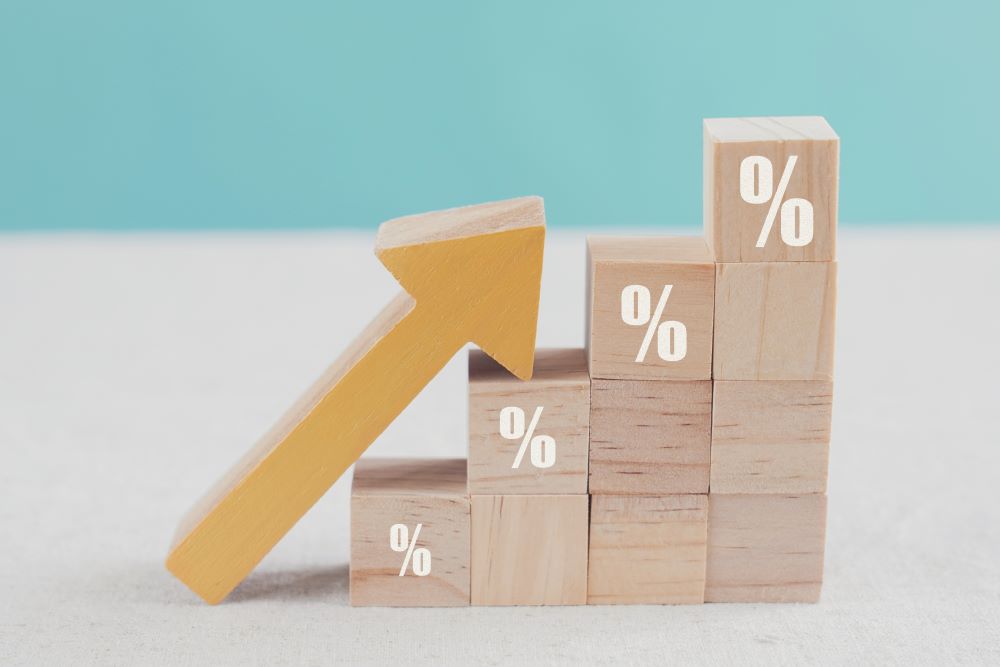In recent months, inflation has been a major topic in the news with rising prices putting an additional financial strain on Americans. If you’re worried about the effect of inflation on your finances, you’re not alone.
But if you’re concerned that inflation could affect your good credit score, there’s good news – inflation has no direct impact on your credit. However, there are some ways that inflation can affect your credit indirectly.
What is Inflation?
Inflation is the rate of an increase in prices over time. The federal government tracks inflation using the consumer price index (CPI), which monitors the prices of consumer goods and services with separate measures for food and energy costs.
Inflation is up 6.2% from October last year to October this year, the highest rate of increase seen since 1990, according to CNBC. This dramatic rise in prices is costing consumers big.
How Does Inflation Directly Affect Your Credit?
Luckily, the dollar’s purchasing power and the price of goods and services do not directly affect your credit in any way. The major factors that impact your credit score include:
- Payment history: a long history of timely payments is beneficial to your credit, but missed or late payments can damage your credit score
- Credit utilization: keeping low balances on your revolving credit accounts, like credit cards, can help your credit score. Balances that are too high can negatively impact your credit score.
- Length of credit history: credit scores tend to increase as the length of your credit history increases, if you aren’t adding any late payments or other negative items on your credit report.
- Credit mix: having different types of installment debt and revolving credit, like credit cards and auto loans, can help your credit score.
- New credit: too many hard inquiries resulting from recent credit applications, or a lot of new credit accounts, can result in short-term drops in your credit score.
How Inflation Indirectly Affects Your Credit
Even though inflation doesn’t directly impact your credit score, there are a few ways that it can indirectly affect your credit.
- Increased debt: if higher prices are causing you to take on more debt to afford your expenses, your credit card balances may rise. When that happens, your credit utilization increases, and it can lower your credit score.
- Missed payments: if rising debt and high prices are causing you to miss payments – say, you must choose between paying your high energy bill and your high credit card bill – that missed payment can damage your credit score.
How to Protect Your Credit from Inflation
The best way to protect your credit from inflation is to avoid taking on too much debt and continue to pay all your bills on time. If high prices make it more challenging to manage your debt and bills, you need to adjust your budget and work on a financial plan to protect your finances and credit.











